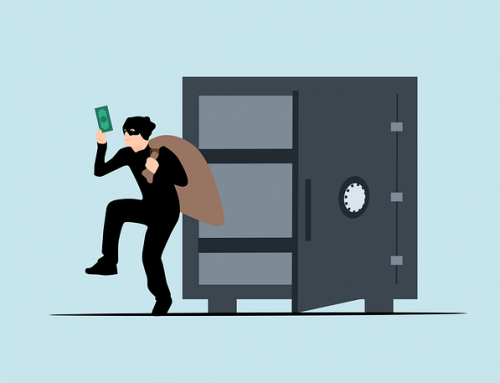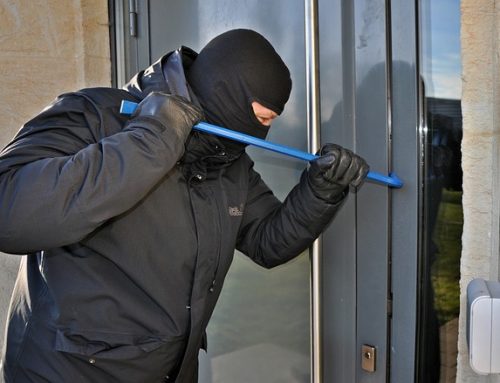When someone is arrested and taken into custody, the fastest, most affordable option to get out is usually a bail bond. However, not everyone who gets arrested is in a position to bail themselves out, often leading them to ask someone if they are willing to cosign on a bail bond.
Becoming a cosigner is a big decision; you agree to be held financially responsible if the defendant does not show up for court. As such, there are a few considerations you may want to keep in mind when deciding whether or not to cosign a bail bond.
Do You Know the Defendant?
Who is the defendant asking for help? Are they a friend or a family member? What about a friend of a friend? Do you know them well? Can they be trusted? All of these are critical questions you must ask yourself before you cosign on a bail bond. It is important that you only bail out those whom you know and trust.
What Is Required?
Bail bond companies won’t let just anyone cosign on a bail bond. Typically, bail agencies want proof of employment, residency, and financial ability. It doesn’t really matter how much money you have unless you are able to prove that you have it.
What Are the Risks?
As mentioned, the primary risk when you cosign a bail bond is a financial one. If the defendant fails to appear before the court, you may be on the hook for the entire amount of bail. This can sometimes be many thousands of dollars. However, it should be noted that bail companies will try to find the defendant (now fugitive) either themselves or with the assistance of other bail agents trained to hunt down fugitives. If the defendant cannot be found, it is then that the bail company will likely turn to you.
Do You Have to Cosign on a Bail Bond?
Absolutely not! Being asked to cosign on a bail bond is not a binding agreement – being a cosigner is. Declining to cosign isn’t uncommon, and if you ever feel nervous or apprehensive about it, your best bet is always to protect yourself first and choose not so sign.






